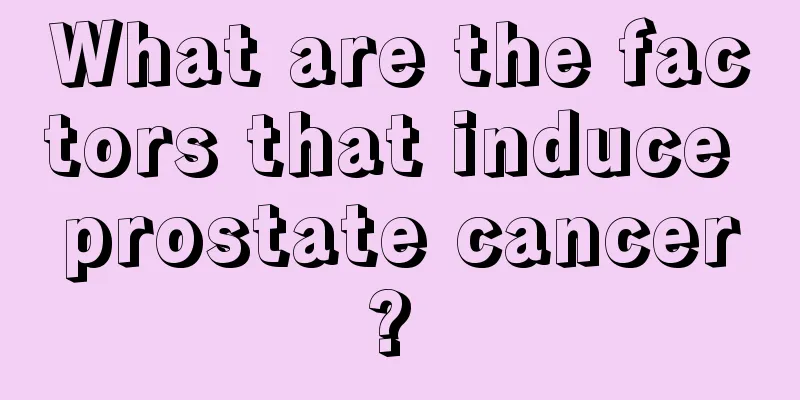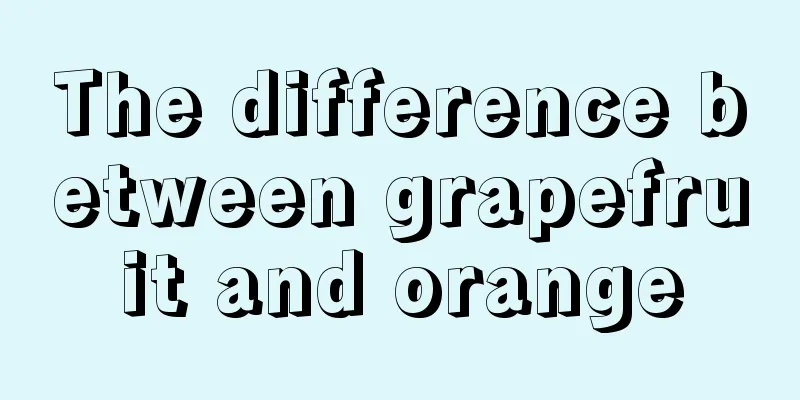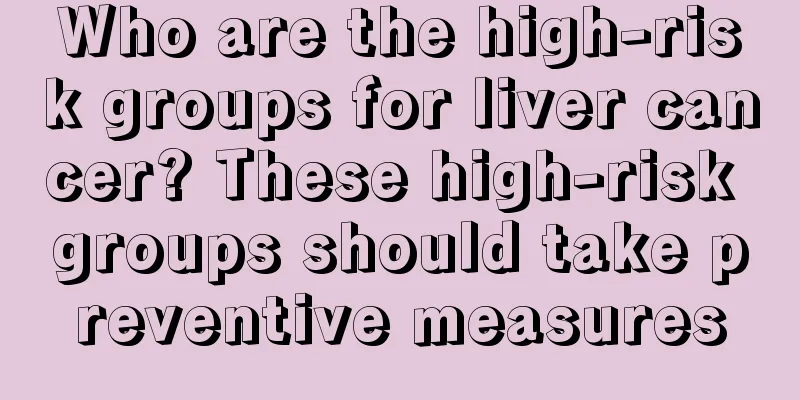How does the human body digest food?

|
As we know, food is the primary need of people. No matter you are healthy or sick, everyone needs to eat every day. Scientific eating can often ensure the normal functioning of the human body. However, although many people eat a variety of foods, they do not know how the human body digests food. How does the human body digest food? What kind of process did you go through in the middle? Which organ does food pass through in the body? What changes occur in different organs? Let me share with you the entire process of food in the human digestive system. 1. What is the digestive system? The digestive system consists of two parts: the digestive tract and the digestive glands. The digestive tract is a muscular tube that starts from the mouth, continues to the pharynx, esophagus, stomach, small intestine, large intestine, and ends at the anus. It includes organs such as the mouth, pharynx, esophagus, stomach, small intestine (duodenum, jejunum, ileum) and large intestine (cecum, colon, rectum). There are two types of digestive glands: small digestive glands and large digestive glands. Small digestive glands are scattered in the walls of various parts of the digestive tract. Large digestive glands include three pairs of salivary glands (parotid glands, submandibular glands, and sublingual glands), liver and pancreas. They all use ducts to discharge secretions into the digestive tract. 2. What is digestion? The food that the human body ingests must be processed and broken down into small molecules in the digestive tract before it can enter the body. This process is called digestion. There are two ways of digestion: one is to break food into small pieces through mechanical action, which is called mechanical digestion; the other is to break large molecules into small molecules under the action of digestive enzymes, which is called chemical digestion. Normally mechanical digestion and chemical digestion of food occur simultaneously. 3. The digestion process of food in the body The digestion of food starts in the mouth, where food is mainly digested mechanically (food is ground). Salivary amylase in saliva can simply break down starch, but this effect is very weak and only works in the mouth. Food stays in the mouth for a very short time, so the digestion effect in the mouth is not significant. After being chewed by the teeth in the mouth, food is combined with saliva to form a ball, which is then sent to the posterior wall of the pharynx with the help of the tongue and enters the stomach through the pharynx and esophagus. After food enters the stomach, it is subjected to both mechanical digestion by the stomach wall muscles and chemical digestion by gastric juice. At this time, the protein in the food is initially broken down by the pepsin in the gastric juice, and the stomach contents become porridge-like chyme, which is pushed into the duodenum through the pylorus in small amounts multiple times. After the chyme enters the duodenum from the stomach, digestion begins in the small intestine. The small intestine is the main place for digestion and absorption. Food is digested chemically by pancreatic juice, bile and intestinal juice, as well as mechanically in the small intestine. Various nutrients are gradually broken down into simple absorbable small molecules, most of which are absorbed in the small intestine. Therefore, after the food passes through the small intestine, the digestion process is basically completed, leaving only indigestible food residues that pass from the small intestine into the large intestine. The large intestine does not have any important digestive function, it only has a certain absorptive function to absorb water. The main function of the large intestine is to provide a temporary storage place for digested food residues. Food residues in the large intestine are further broken down by bacteria to form feces, which are finally excreted from the body through the anus. This is the entire process of food digestion in the human body. Warm reminder: Food digestion cannot be completed completely through just one organ. On the contrary, it actually requires the cooperation of various organs of the human body's digestive system (stomach, intestines, etc.) to complete. So people need to protect their internal organs. Because any problem with any organ in the patient's body can cause indigestion. |
<<: Why does weight gain occur during exercise?
>>: Can expired milk be used to make facial mask?
Recommend
Can I get pregnant if I have bladder cancer?
Can I get pregnant if I have bladder cancer? Expe...
Causes of gallbladder obstruction
Gallbladder blockage is very harmful to the body....
How much do you know about the causes of premature heart beats
Premature heart beats are generally divided into ...
Can patients with cerebral congestion be cured?
Cerebral congestion is becoming more and more com...
How long can you live with stage 4 lung cancer bone metastasis
How long a patient with stage 4 lung adenocarcino...
How to deal with harmful gases in the room after decoration
New houses generally need to be renovated. After ...
The causes and hazards of high white blood cell count are actually like this
As we all know, high white blood cell count is of...
Let's pay attention to the diagnostic basis of nasopharyngeal carcinoma as follows
Patients with nasopharyngeal cancer all know that...
Several common clinical symptoms of prostate cancer
Prostate cancer is one of the most common men'...
Things to note about ovarian tumors
Benign ovarian tumors develop slowly. Small tumor...
What are the treatments for Yin deficiency and hyperactivity of fire?
Yin deficiency and hyperactivity of fire is a com...
Which lens is better for cataract surgery
During cataract surgery, the lens actually needs ...
What are the benefits of boiling loquat leaves with rock sugar
Boiling loquat leaves in water and adding some ro...
What are the hazards of medical abortion to the human body
In our daily sexual life, if we do not plan to ha...
What are the magical uses of leek seeds
Leek is a common food in our lives. Everyone know...









